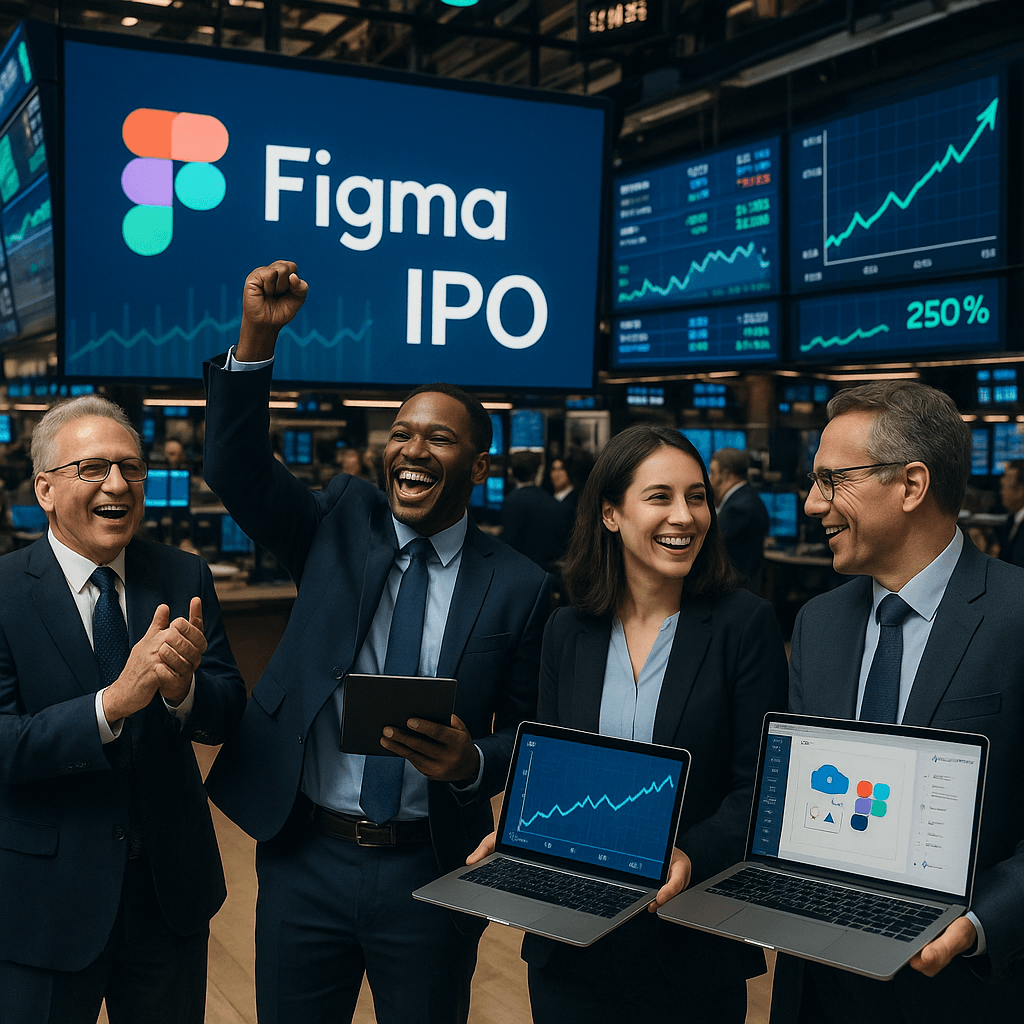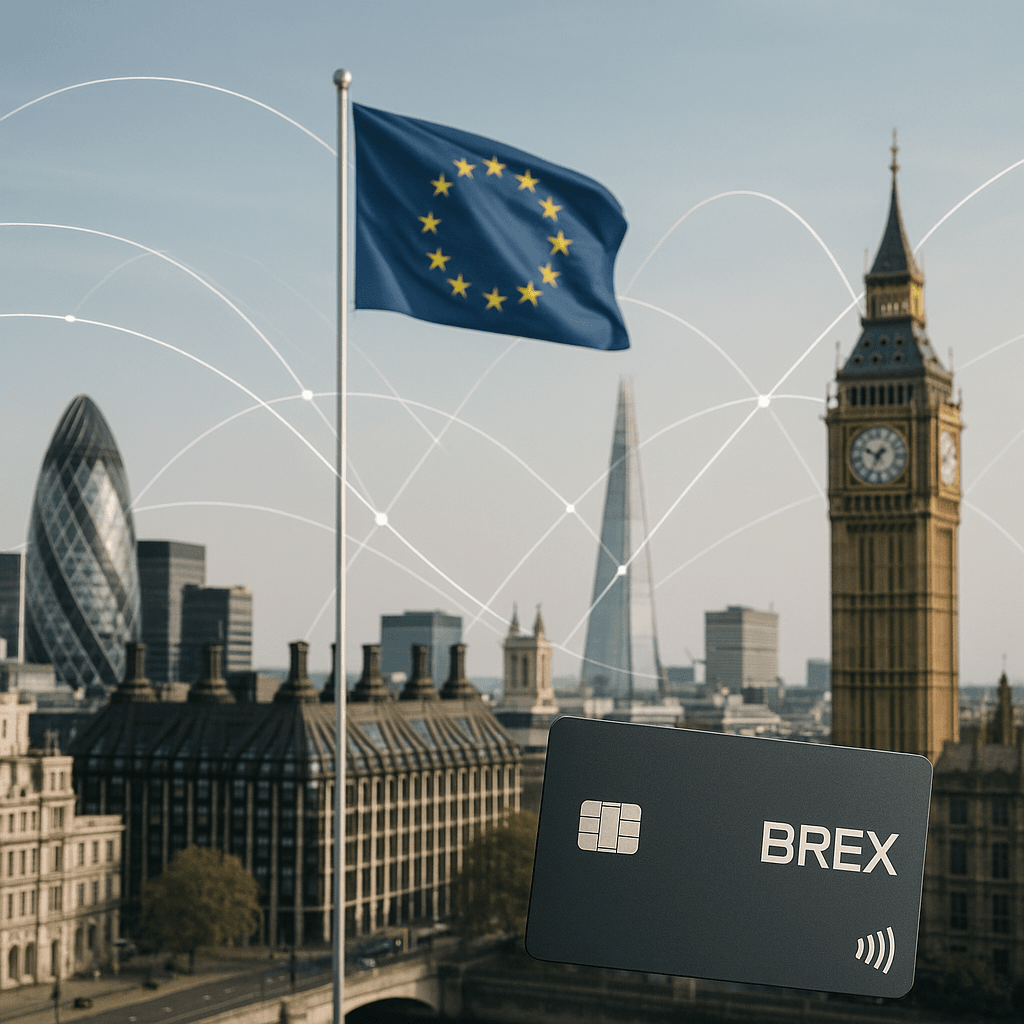TL;DR
- - VC firms see significant returns post-IPO
- - 250% stock surge increases market optimism
- - Potential resurgence in tech IPOs ahead
- - Figma now valued thrice its expected acquisition price
Figma's IPO debut on the New York Stock Exchange sent ripples across the tech investment landscape. After years of sluggish IPO activity, Figma's skyrocketing 250% first-day trading surge has revitalized investor confidence and injected $24 billion into the coffers of top venture capital firms, such as Index Ventures and Greylock. This development could mark a turning point for tech IPOs in a post-pandemic economy, reshaping the opportunities landscape for investors.
Opening Analysis
After a protracted period of sluggish activity in the IPO sector, Figma's market debut achieved a remarkable milestone, with its shares catapulting 250% on day one. This unexpected boom injects enthusiasm into venture capital (VC) circles, accumulating fortunes for major players such as Index Ventures and Sequoia. As Index Ventures holds a $7.2 billion stake, the broader question emerges: Does this IPO suggest a broader market trend in tech recoveries?
Market Dynamics
The landscape shifts post-IPO reveal contrasting fates: while Figma emboldens VCs with a fresh influx of capital, not all tech sectors witness uniform gains. As Figma capitalizes on robust investor interest, its successful entry could herald a return of tech IPOs expected as early as 2026, yet diverse market factors, including potential regulatory changes and counteracting losses in other segments, merit close inspection.
Technical Innovation
Figma's prowess stems from how it combines robust design capabilities with cloud connectivity, accelerating design workflows and collaboration across global teams. This capability distinguishes Figma as a market leader in design tech ecosystems, validating VCs' initial faith in its potential. As the product garners heightened adoption, stakeholders anticipate greater market share over design incumbents.
Financial Analysis
Figma's public offering secured $1.2 billion, emboldening existing investors with lucrative valuations as the enterprise's worth soared to nearly $68 billion. Despite exuberant day-one trading, the majority locked in for 180 days, testing long-term stock viability amidst an expected influx post-lock-up expiration.












